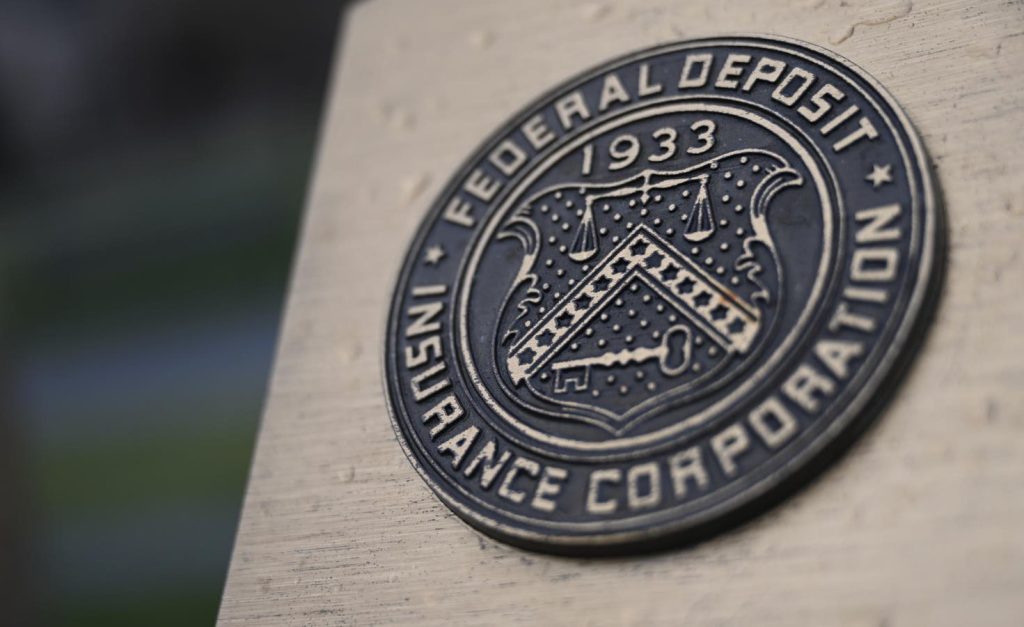Republic First Bancorp, a Philadelphia-based regional bank, was seized by Pennsylvania regulators on Friday after a failed deal earlier this year to infuse the bank with new funds. The bank had reported a decline in deposits and struggled with its mortgage lending business. Last year, the bank indicated that the value of its mortgage loan portfolio had declined substantially in a rising rate environment and announced plans to wind down and exit the mortgage business. Despite the failed deal with the Norcross-Braca Group, Republic First claimed to have an adequately capitalized position with a strong deposit base and ample liquidity.
The Pennsylvania Department of Banking and Securities seized Republic First, leading to speculation that the bank would be seized by regulators as it looked for a potential buyer. Fulton Bank reached an agreement to take over Republic First’s 32 branches across Pennsylvania, New York, and New Jersey, which will reopen under the Fulton Bank name. Before the seizure, Republic First was delisted by Nasdaq in August after failing to file its fiscal year 2022 report with the Securities and Exchange Commission. The bank claimed the report was not filed due to its former executive team’s failure to maintain adequate internal controls.
In 2022, Republic First’s financial auditor told the bank it had material weaknesses in internal control over financial reporting, which led to the auditor being dismissed by Republic First in February. This seizure marks the fourth by federal or state regulators since the start of 2023, following the collapses of larger banks such as Silicon Valley Bank, Signature Bank, and First Republic Bank. Despite these failures, Feddie Strickland, an analyst at Janney Montgomery Scott, believes the banking sector will likely remain stable, as he sees the failures as pertaining to banks with certain specializations, rather than a widespread issue among small banks.
The collapse of Republic First and other banks raises concerns about the stability of the banking sector. However, Strickland believes that small banks are in good shape and are unlikely to face the same fate as larger banks with specialized lending practices. With the recent string of bank failures, including those of Silicon Valley Bank and Signature Bank, regulators and analysts will be closely monitoring the industry to ensure that customers and depositors are protected. As Republic First transitions to new ownership under Fulton Bank, it remains to be seen how the local banking landscape in Pennsylvania, New York, and New Jersey will be impacted by this seizure.


